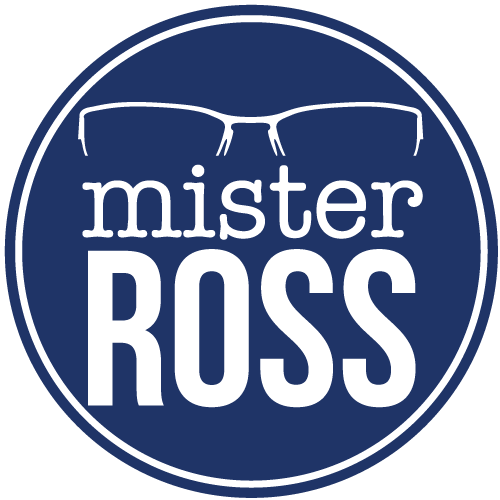Becoming Mister Ross Preview #1
- misterross3
- Jun 21, 2024
- 3 min read
With my book, Becoming Mister Ross, 8 days away from release, I wanted to share with you an early insight from the book. Throughout the book, I scattered "insights" or commentaries in my clinical voice. This one is on vulnerability.
Insight: Vulnerability
As a counselor, I hope my clients see me as a person. I want to help as I was helped. In this way, I’m as much a peer as a professional listener. I don’t know if my clients realize much of the skills, feedback, and analogies I use are “hand-me-downs” from my own work. Some weeks I’m going through the same life lessons as my clients. Fortunately I might be enough steps ahead in my own life to help them with theirs.
I’m not just a professional with a bunch of degrees and letters after my name. I’m not simply a small-business owner or an overly sensitive, lost young male in a predominantly female-driven field. I’m not a shell of a person bound so closely by ethics and theory that I’m incapable of offering a genuine response.
I, too, have a story.
Letting people see you in the same manner they let you see them takes vulnerability. There’s an element of risk here that the client won’t like what you have to say or, worse, might not like you. That’s the fear behind the imposter syndrome that says, “I’m not enough as a therapist,” with the core fear or pain point being, “I’m not enough.”
We don’t like imposter syndrome or vulnerability walking in on us while we’re playing the great and powerful Oz. But when the curtain gets pulled back, there we are, as we are.
Why hide it and make the client have to travel the yellow brick road to find us? Aren’t we supposed to meet them where they are and offer them what they need there?
Ultimately, my main concern in writing this book boiled down to, “Will people like me?” And at its core, “Am I enough?”
I consider the impressions left by some of my heroes. Fred Rogers, warmly remembered as Mister Rogers, carried an aura of kindness and caring wherever he went. His authenticity was undeniable, especially with children. Meanwhile, expertise in the fields of child development, media, and music helped him develop one of America’s finest children’s television shows, Mister Rogers’ Neighborhood. Bob Ross, the famous television host and painter, also brought a calming nature balanced with a playfulness to both his art and his audience. He unapologetically shared his passions and enthusiasm. Additionally, Jim Henson brought a creativity and whimsical nature. Most famously, his personality extended to the characters of Kermit the Frog and Ernie from Sesame Street.
I wondered whether my fellow therapists would recommend this book to their clients, and whether those clients would find solace in seeing the transparent image of a real-life therapist. Yet, on the other side of creativity lay anxiety. Perhaps all the bookstores would do was hide a copy among the plethora of self-help books, or my donated copies would go unread at the local library.
Part of me felt it would be unimportant to give much priority to the praise or criticism I might receive. Yet, I’m human, seemingly hard-wired to gauge others’ perceptions, seek validation, and connect with others.
What vulnerability offers is stronger bonds and more loving relationships. Asking others what you need or want takes vulnerability. Being able to listen to criticism and respond authentically takes vulnerability. Sharing how you actually are takes vulnerability.
Having written this book, I’ve chosen a different path by laying my story out there.
If you like what you read, order a copy of the book on paperback or Kindle.


Comments